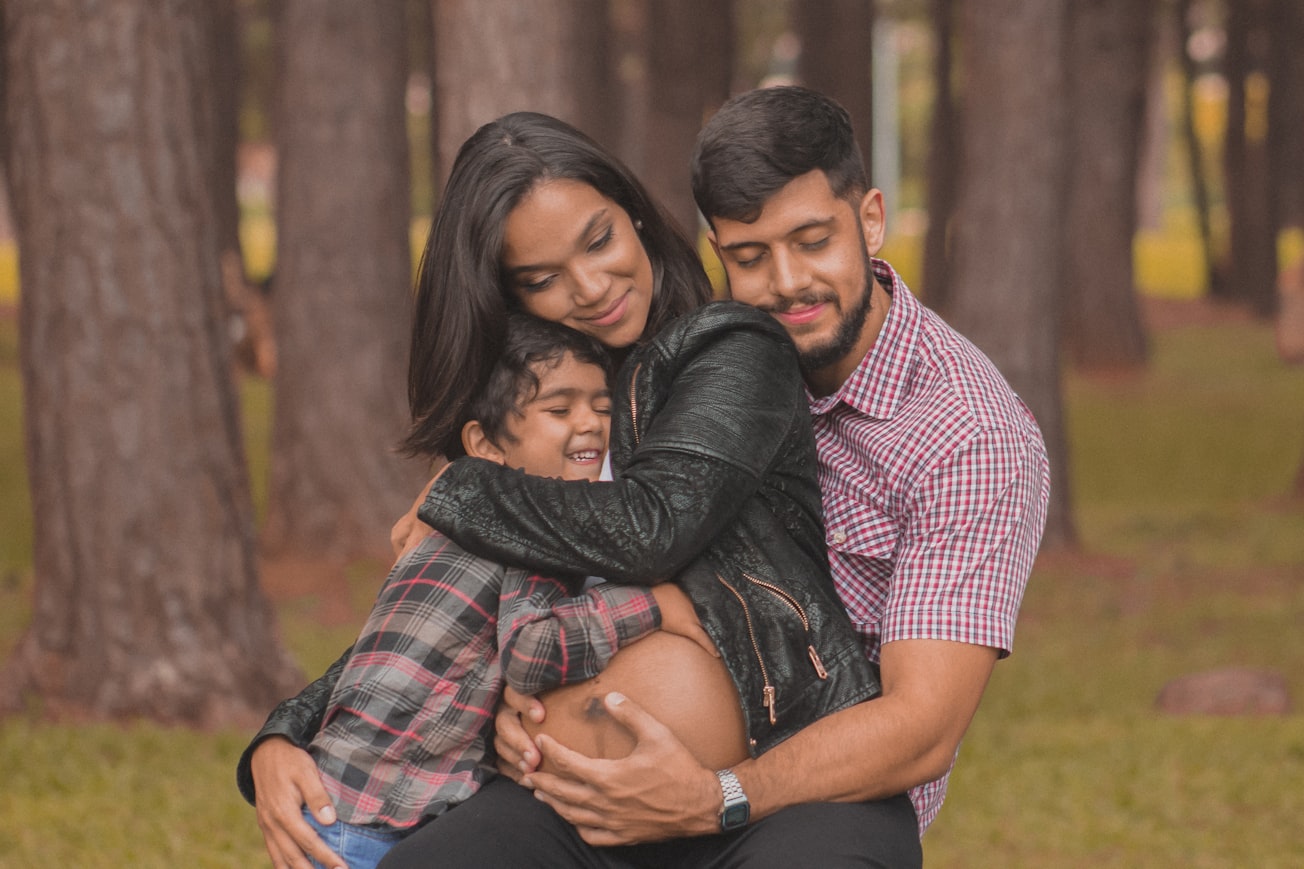What is it about?
In this paper we examined the vaccination intentions of pregnant women regarding the COVID-19 vaccine. Our data were collected in the summer of 2021 in the UK and Ireland at a time when pregnant women were being offered the COVID-19 vaccination based on age and clinical risk. This study provides valuable insights into the vaccination intentions and underlying factors among pregnant women, highlighting the need for tailored public health messaging and addressing specific concerns related to vaccine safety, speed of development, and information gaps. Of our sample, 42% (or 79 respondents) had already had or intended to have the Covid-19 vaccine during pregnancy. The remaining respondents were unsure (9% or 18 respondents) or unwilling (49% or 94 respondents) to have the Covid-19 vaccine while pregnant. Of the unvaccinated respondents, 76% said they would be extremely likely or somewhat likely to have the vaccination if they were not currently pregnant. Pregnant women who did not intend to have the COVID-19 vaccine during pregnancy had specific concerns related to the vaccine's safety and the lack of information or guidance from healthcare professionals. Sociodemographic factors played a role in vaccination intentions, but psychological and behavioural factors were found to be more influential. The findings suggest the need for tailored messaging in public health campaigns to address the unique psychological and behavioural factors underlying vaccine hesitancy.
Featured Image

Photo by Laercio Cavalcanti on Unsplash
Why is it important?
Pregnancy is a risk factor for severe Covid-19 infection, and severe Covid-19 infection increases the risk of adverse consequences for pregnant women and their babies. High vaccination coverage is essential to reduce adverse outcomes, morbidity and mortality due to Covid-19 infection. Understanding the factors related to COVID-19 vaccine acceptance in pregnant women is paramount to increase vaccine literacy and uptake. Our study findings emphasize the importance of addressing specific concerns, providing accurate information, involving healthcare providers, and tailoring interventions to increase Covid-19 vaccination rates among pregnant women. By addressing these implications, public health efforts can help protect the health and well-being of pregnant women and their babies during the pandemic.
Perspectives
The changing Covid-19 vaccination guidelines for pregnant women contributed to the emotional rollercoaster this decision has been described to us as. It was very clear from the women who responded to our survey just how important and difficult this decision was to make. The desire to protect the safety of the fetus/baby was a common motivation, with some perceiving the risks of the vaccine as lower than those posed by the virus. Lack of information and guidance from healthcare professionals (HCPs) was also highlighted. The safety of the unborn baby was paramount from all respondents to our survey, whether they had been vaccinated, intended to be vaccinated during pregnancy, did not intend to be vaccinated during pregnancy, or did not intend to be vaccinated at all. This universal factor can potentially be used as a starting point for effective communication approaches on the part of maternity HCPs. It is imperative that this is then underpinned by up-to-date knowledge of the evidence regarding COVID-19 risks in pregnancy and the risks and benefits of vaccination in pregnancy.
Dr Susanna Kola-Palmer
Department of Psychology, University of Huddersfield
Read the Original
This page is a summary of: ‘It has been the hardest decision of my life’: a mixed-methods study of pregnant women’s COVID-19 vaccination hesitancy, Psychology & Health, May 2023, Taylor & Francis,
DOI: 10.1080/08870446.2023.2214569.
You can read the full text:
Resources
Contributors
The following have contributed to this page







